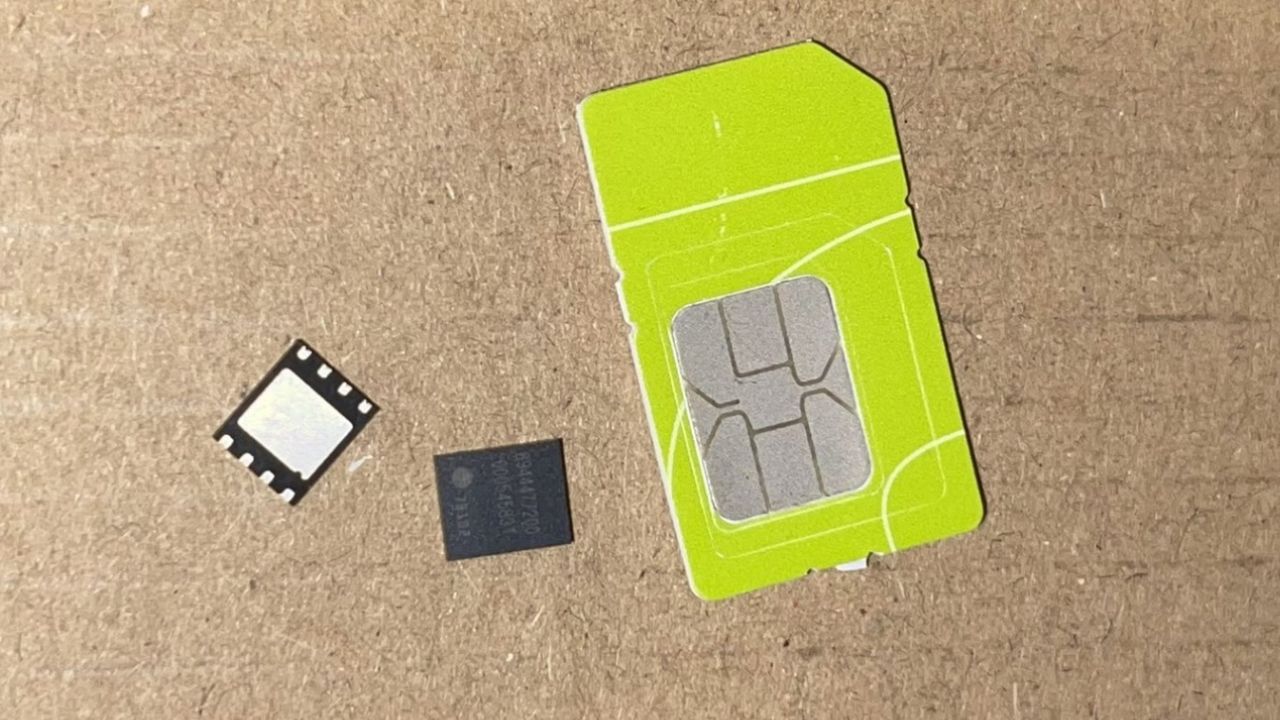The use of eSIM technology is a shining example of modern telecommunications amid India’s digital revolution. The country’s adoption of eSIMs’ seamless connectivity makes it imperative to comprehend the robust security measures underlying this innovation. eSIMs have become the leaders in secure mobile communication in this era of digital technology, where worries about data vulnerabilities and privacy violations are never-ending.
In India, eSIM technology is more than just a practicality; it is a major advancement in mobile security. This technological marvel provides a plethora of advanced security measures that are painstakingly crafted to safeguard users’ confidential information and guarantee safe communication routes.
eSIM technology is strengthened with layers of protection, ranging from strict encryption methods that keep data safe from prying eyes to remote deactivation features that empower users in the event of theft or loss. For more up-to-date information, go url of Bytesim. The complexities of eSIM security in an Indian setting are thoroughly explored in this essay.
Security Features Of eSIM In India
The security features of eSIM in India are as follows:
Terminating Remotely
The ability to remotely disable eSIM in case of loss or theft is one of the unique security features of eSIM technology. The eSIM can be disabled, making the device unusable for unauthorized users, by Indian customers quickly contacting their service providers. Sensitive data is safeguarded even in the worst of situations, thanks to this level of control.
Two-Factor Authentication
Two-factor authentication, an extra security layer that fortifies the verification process, is frequently incorporated with eSIM technology. To guarantee that only authorized individuals may access and edit eSIM settings, users may be asked to provide several forms of identity, such as a password or PIN, while activating or managing the eSIM.
End-to-End Security
Data flow between the device and the carrier’s network is safe and shielded from interception thanks to the encryption technology used in the eSIM connection. End-to-end encryption reduces the possibility of unauthorized parties accessing or listening in on private communications. Voice calls, messages, and online activities are safe and secure.
Installation of Secure Profiles
Users obtain a secure profile from the cell carrier when they set up an eSIM. Important details on the network configuration and security protocols are included in this profile. The gadget ensures that the profile originates from a reliable source by confirming its validity and integrity during the installation process. By preventing the installation of malicious or modified profiles, this rigorous validation method upholds the eSIM system’s general security.
Secure Device To Device Communication
For IoT (Internet of Things) applications, eSIM technology is very useful since it allows for secure communication between devices. A network of linked devices can be created without sacrificing data integrity thanks to the secure communication capabilities of devices with eSIMs. In industries like healthcare and banking, where secure data interchange is essential, this capability is extremely vital.
Consistent Security Updates
Mobile carriers and device manufacturers frequently release security updates to address vulnerabilities and enhance the overall security posture of eSIM-enabled devices. These updates are beneficial to Indian consumers because they guarantee that their devices have the most recent security patches installed, protecting them from changing cyber threats.
Observance of Regular Standards
Telecommunications regulators in India have set strict regulations that eSIM technology suppliers must follow. By ensuring that eSIM services adhere to the necessary security standards, compliance guarantees customers a dependable and safe mobile experience. Customers may be sure that eSIM-capable gadgets follow legal guidelines and foster a safe and secure mobile environment.
Remarks
India’s eSIM technology is evidence of the industry’s ongoing efforts to put user security first in the telecom sector. Indian consumers may be confident that their private mobile interactions stay private, their communication channels are secure, and their sensitive information is safeguarded as more and more of them purchase eSIM-enabled smartphones. Using eSIM technology improves convenience and strengthens the digital barriers that protect our personal and work lives.








